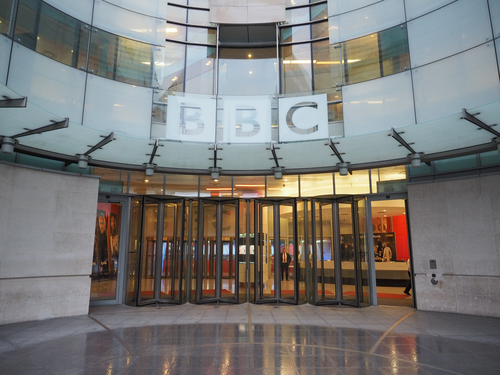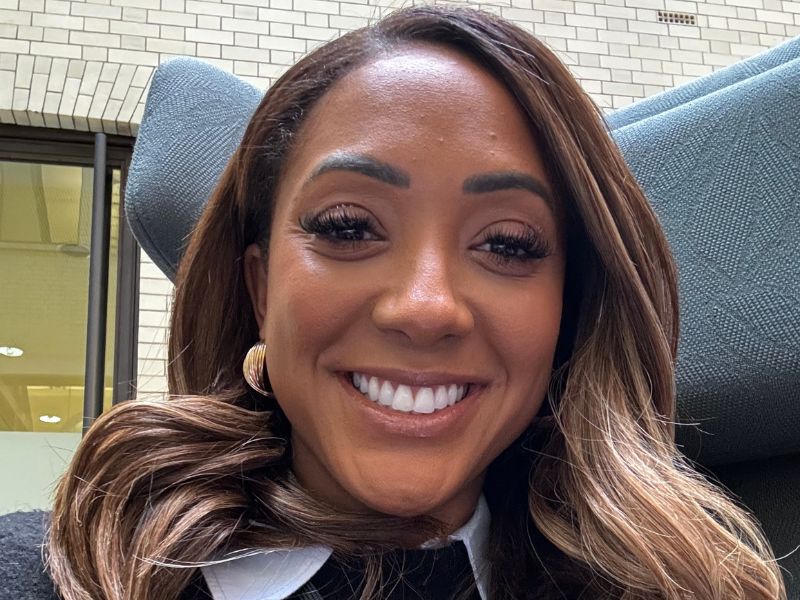
Over 40 female BBC presenters, journalists and correspondents have signed a letter addressed to Director General, Tony Hall, demanding equal pay.
The letter is a direct response to a report released by the BBC into the salaries of employees earning over £150,000 a year. The report revealed a large pay gap between its male and female stars, with only a third of women appearing on the top earners list.
Claudia Winkleman is the highest paid woman, earning £450,000; while Chris Evans is the highest paid man, earning £2.2 million.
Within the top ten highest-earning stars, only three are women – Winkleman; newsreader Fiona Bruce, who earns over £350,000; and Alex Jones, who earns over £400,000.
The letter, coordinated by Women’s Hour host Jane Garvey, is calling for the BBC to ‘sort’ out the gender pay gap now.
The letter was signed by high-profile names including Fiona Bruce, Victoria Derbyshire, Sue Barker, Clare Balding, Alex Jones, Gabby Logan, Emily Maitlis, Louise Minchin and Angela Rippon.
Read the letter in full below:
The pay details released in the Annual report showed what many of us have suspected for many years…that women at the BBC are being paid less than men for the same work.
Compared to many women and men, we are very well compensated and fortunate.
However, this is an age of equality and the BBC is an organisation that prides itself on its values.
You have said that you will ‘sort’ the gender pay gap by 2020, but the BBC has known about the pay disparity for years.
We all want to go on the record to call upon you to act now.
“Beyond the list, there are so many other areas including production, engineering and support services and global, regional and local media where a pay gap has languished for too long.
This is an opportunity for those of us with strong and loud voices to use them on behalf of all, and for an organisation that had to be pushed into transparency to do the right thing.
We would be willing to meet you to discuss ways in which you can correct this disparity so that future generations of women do not face this kind of discrimination.
It was also recently reported that a group of at least ten female BBC presenters are considering legal action.
The women are grouping together in a bid to make a case against the BBC.








